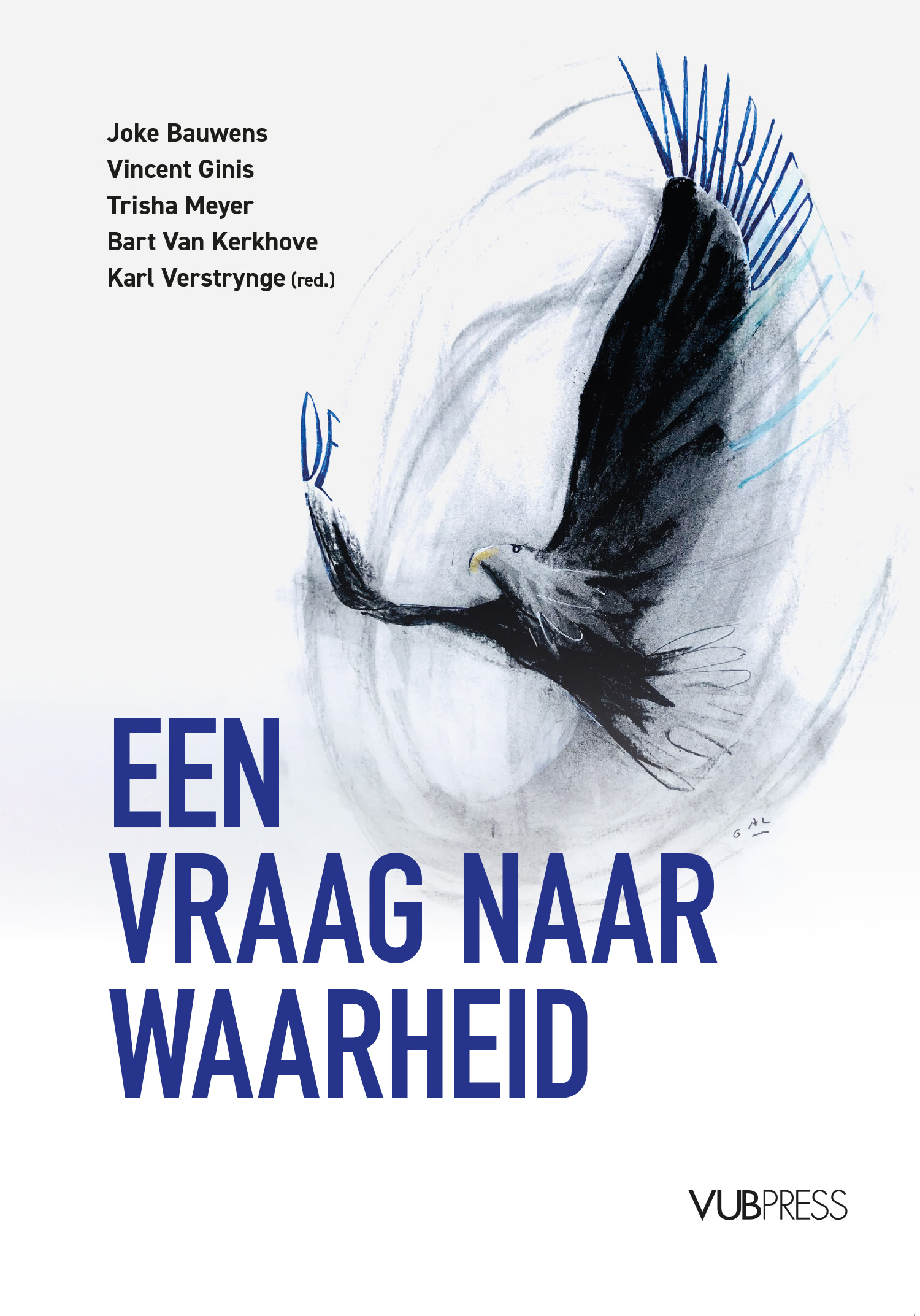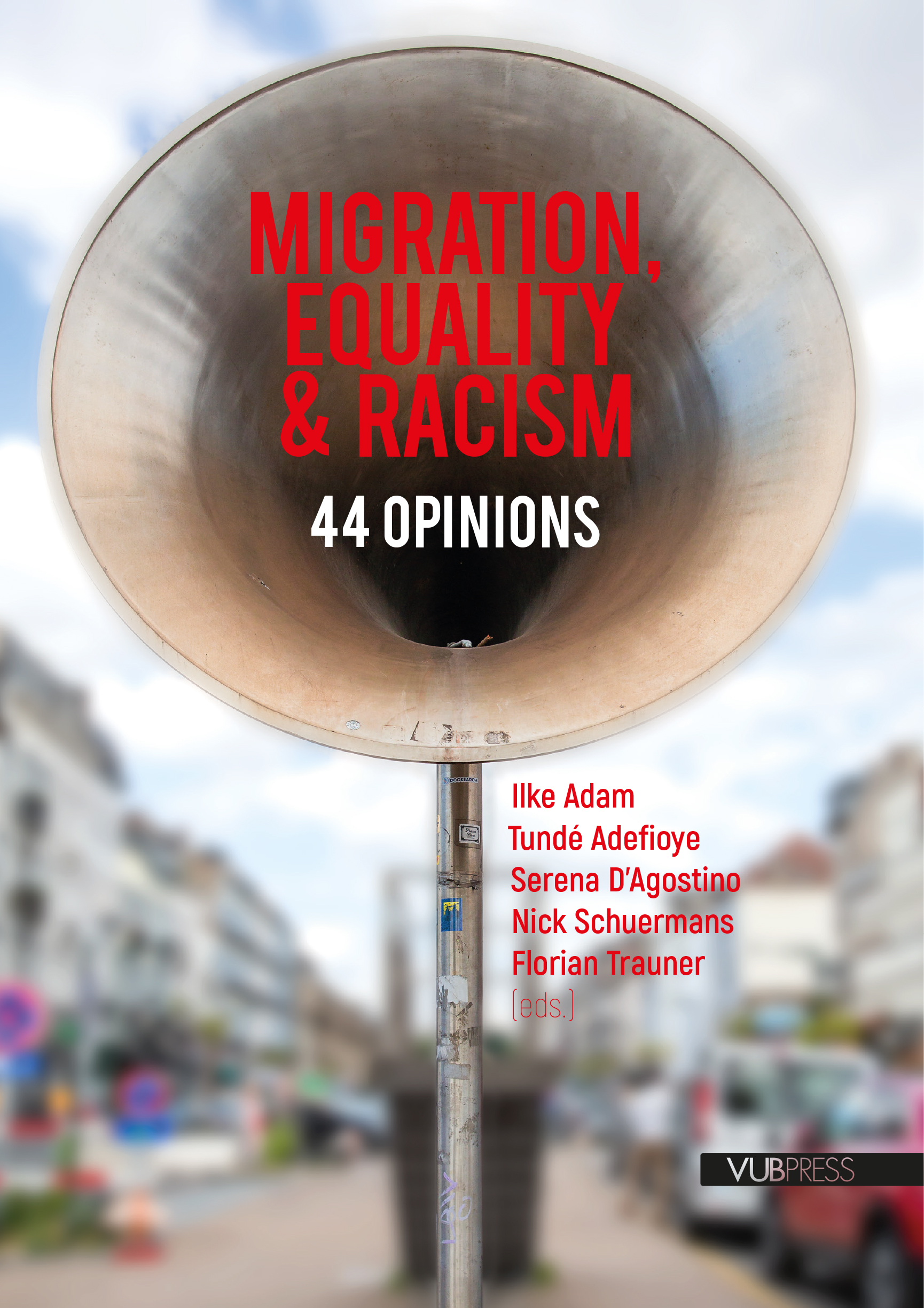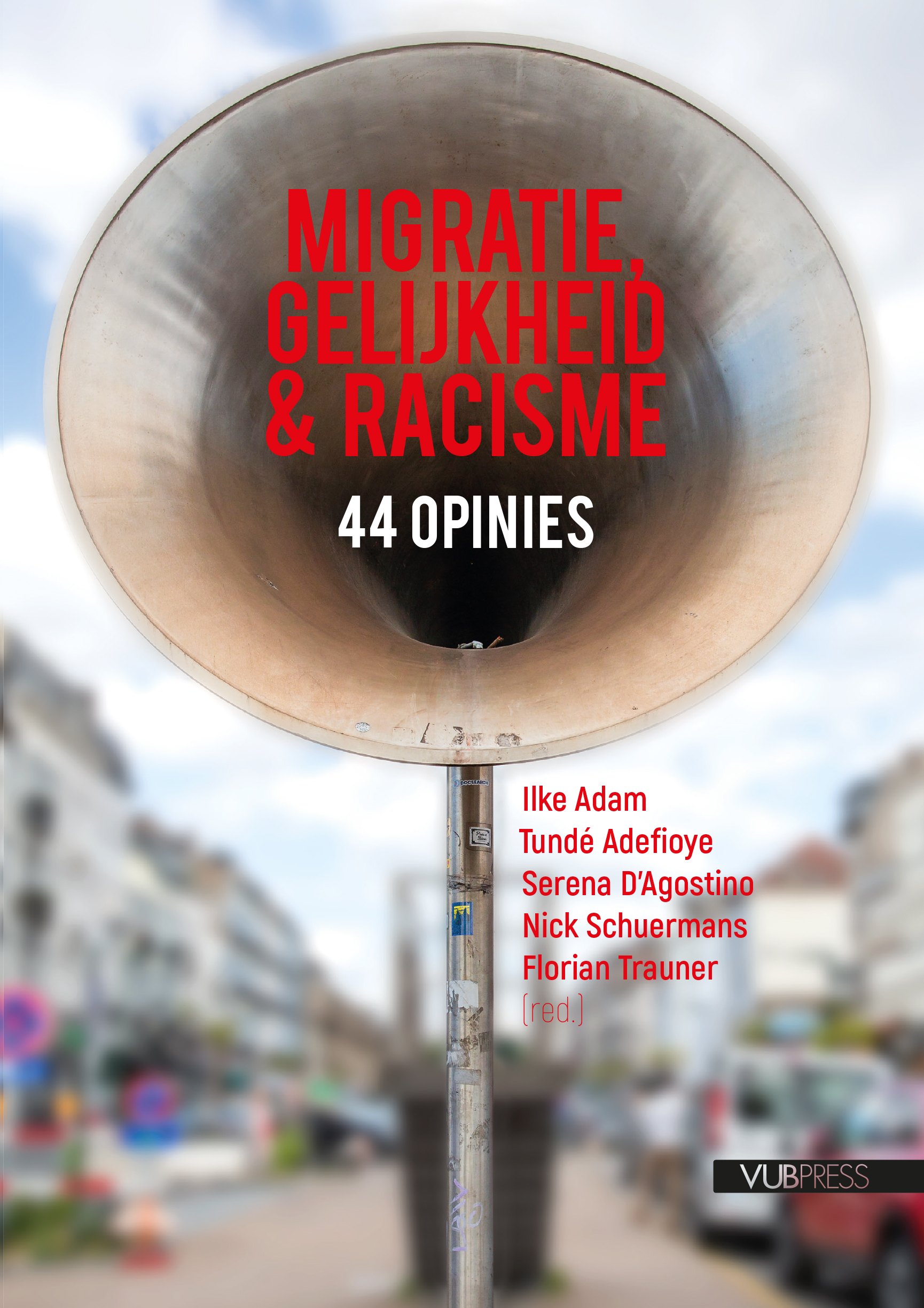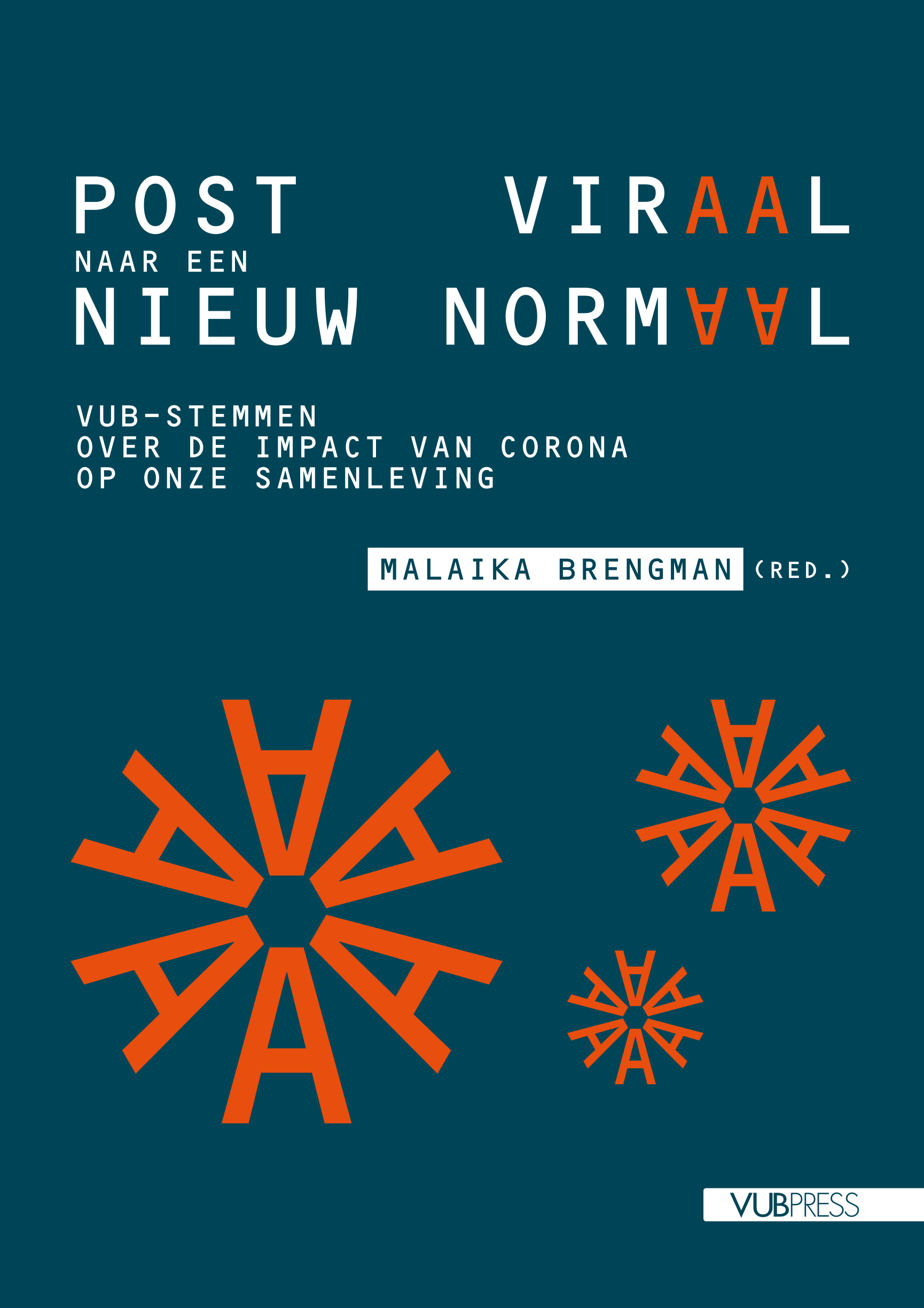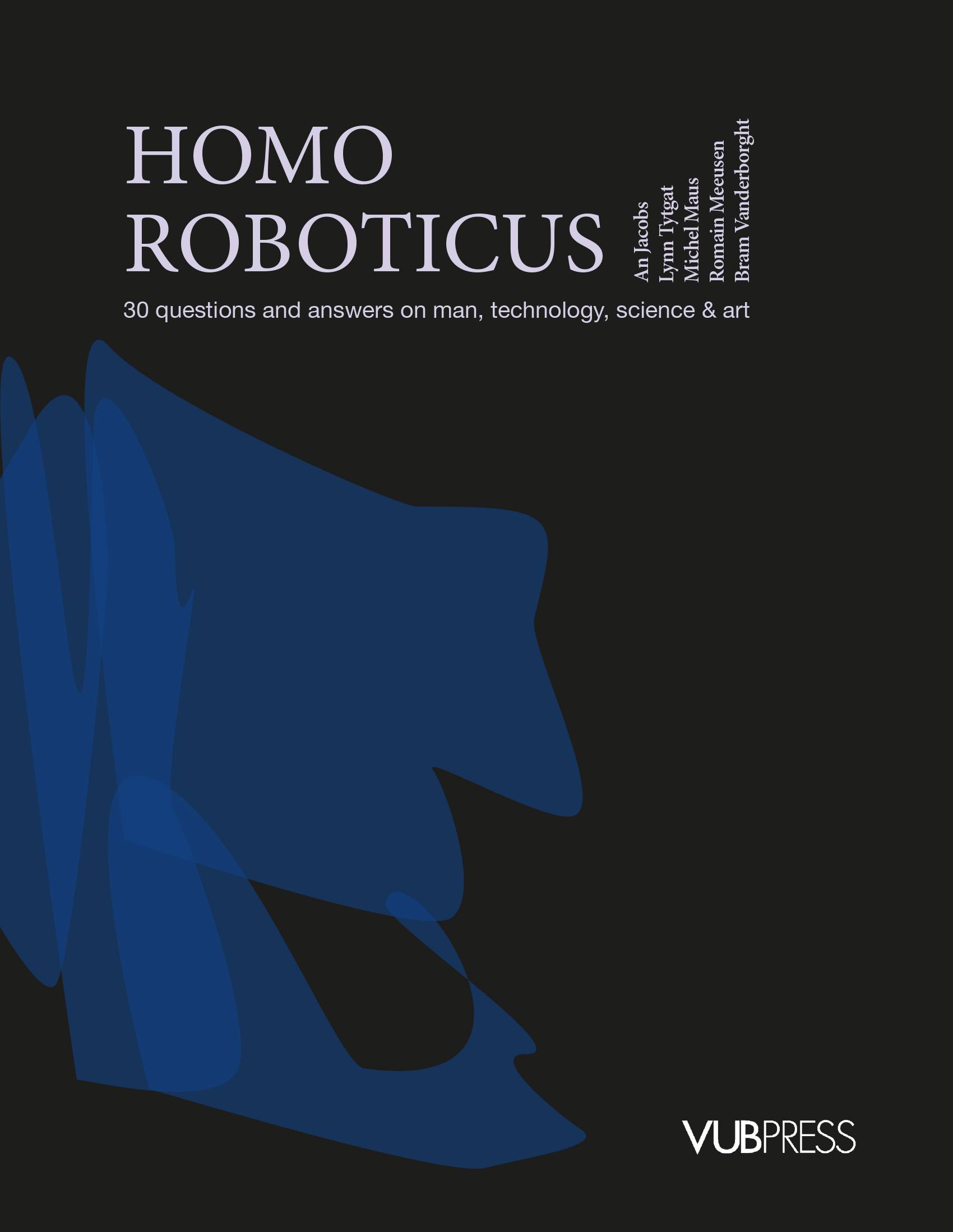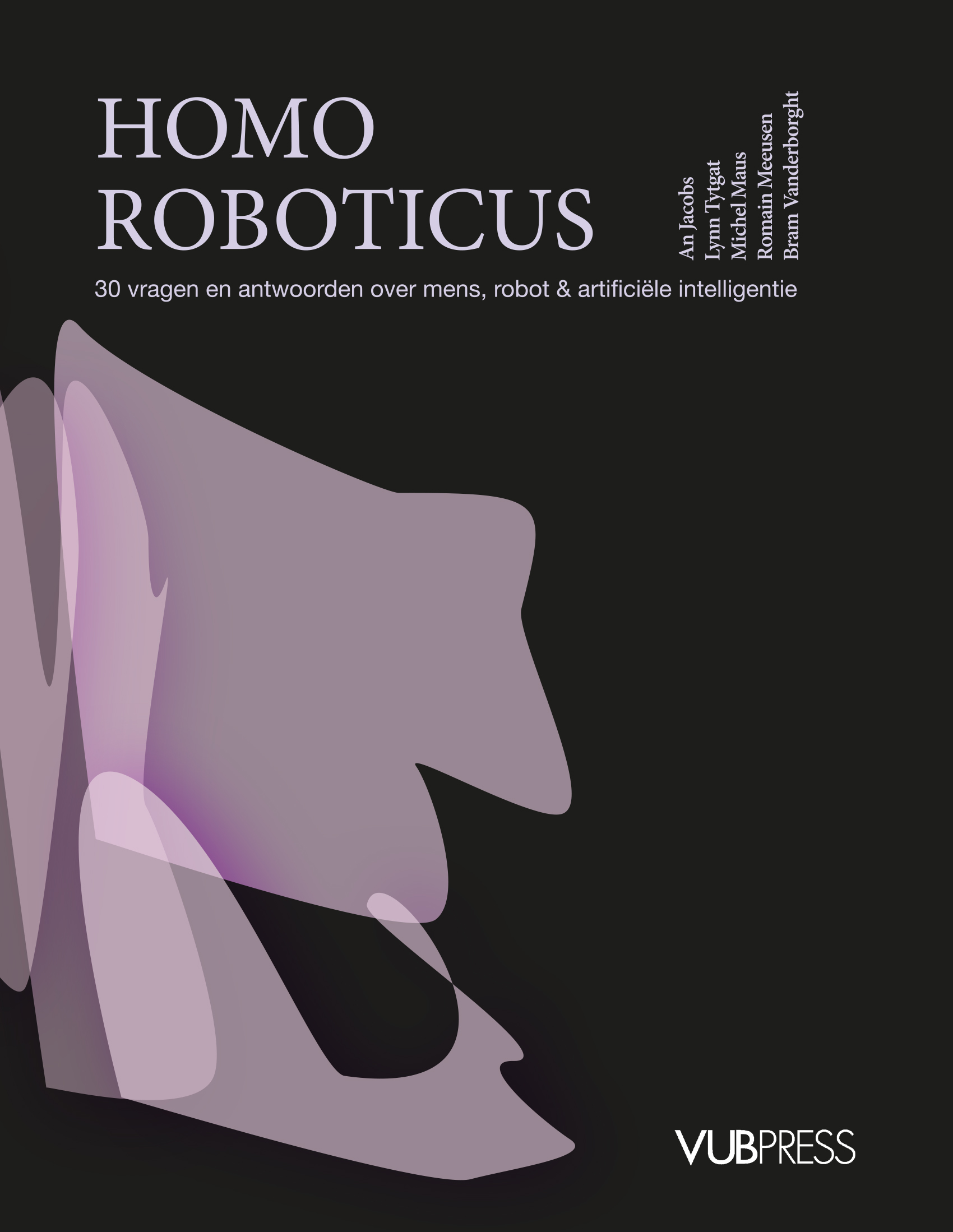Synopsis
The quest for truth is as old as humankind itself. Deliberating on what is true and untrue is a uniquely human activity. However, it is precisely for that reason that truth is not an evident or static fact. It is brought about through human questioning and, as such, is the object of endless reflection and debate.
Various VUB researchers have each in their own way addressed the theme of ‘truth’. The diverse contributions to this book represent a mosaic of voices and reflections on this ever evolving and never-ending question. This colourful and varied set of reflections from radically different disciplines and with widely differing interpretations of what truth means perhaps makes a good vantage point from which to tackle the theme of 'truth'.
A question of truth is the work of VUB think tank POINcaré and was created under the direction of Joke Bauwens, Vincent Ginis, Trisha Meyer, Bart Van Kerkhove and Karl Verstrynge.
Table of contents
Check out the full publication here.
Download the chapters:
Preface
By Jan Danckaert
Introduction
By Joke Bauwens, Vincent Ginis, Trisha Meyer, Bart Van Kerckhove and Karl Verstrynge
Part 1 - What is truth?
- Truth as imagination
by Marc Vandenbossche - Truth, what is it good for?
by Eline Severs - Is mathematics universal?
by Jan De Beule and Andreas Debrouwere - Science beyond truth
by Jip van Besouw - A way out of the never-ending struggle for the monopoly of truth
by Emilie Gregoire - How to capture 'the truth' in sciences? A study of Isaac Newton's natural theology
by Frederik Dhondt
PART 2 - The quest for truth
- How we bend the truth in everyday life
by Werner Schirmer - The use of MBTI and insights in human resources: an uneasy truth
by Bert Schreurs, Maarten Andriessen en Elias Hendrickx - Illegally obtained evidence: does the truth justify the evidence?
by Jachin van Doninck - Seeing is (not) always believing: bodycams and 'truthful' evidence
by Julie Caluwaerts and Lucas Melgaço - Medical diagnosis and a new kid in town: Artificial Intelligence
by Stijn Denissen, Jeroen Van Schependom and Guy Nagels - How to deal with truth and scientific knowledge to the recognition machine
by Brenda Bikoko - How trustworthy is the 'ground truth' which AI systems use to model reality?
by Carmen Mazijn
PART 3 - Truth and science
- Why truth claims in the media are not always a good idea
by Pascal Verhoest - An inconvenient truth revisited
by Cathy Macharis - The medical experts in times of peril: why managing a pandemic should be a team effort
by Cornelis J. Schilt - Universities" social responsibility: a tale of pornographers of science and messy truth-seekers
by Lies Mostmans and Linde Moriau - The good citizen: about democratic values and truths
by Ronald Crouzé, Minne Huysmans and Pieter Meurs - The truth about COVID-19: is it better to 'follow the science' or 'do your on research'?
by Andrew M.A. Morris
PART 4 - Truth and post-truth
- Disinformation benefits from hi-tech business
by Kevin De Moortel - Fake news is here to stay
by Timothy Desmet and Davide Rigoni - Utilitarian truths: how much disinformation and distrust can a democracy tolerate?
by Samuel Cipers, Jonas Lefevre and Trisha Meyer - Truth, lies and opinions censored on social media platforms to end misinformation
Saying 'goodbye' to the traditional selective approach of law in matters of truth?
By Paul De Hert and Andrés Chomczyk Penedo - Truth(s) beyond the fact-check: how to effort of debunking misinformation yields its own scientific rewards
by Tom Willaert, Ike Picone and Nathalie Van Raemdonck - Do humans have free will?
Do philosophy, psychology and neuroscience uncover the truth about it?
by Eric Kerckhofs, Sebastiaan Engelborghs, Jean Paul Van Bendegem and Natacha Deroos
Specifications
Joke Bauwens
Joke Bauwens is hoofddocent communicatiewetenschappen aan de Vrije Universiteit Brussel en lid van de onderzoeksgroep ECHO. Haar onderzoek richt zich op de maatschappelijke rol van media en communicatie. Ze heeft ruime ervaring in zowel kwalitatief als kwantitatief onderzoek naar percepties, representatie, sensemaking, jongeren, media, cultuur en democratie.
Vincent Ginis
Vincent Ginis is docent wiskunde en data-analyse aan de VUB, en staat aan het hoofd van de onderzoeksgroep Data Analytics, nauw verweven met het AI Lab en de onderzoeksgroep Applied Physics. Daarnaast is Vincent gastdocent aan de School of Engineering and Applied Sciences van Harvard University. Zijn onderzoek verkent het grensgebied tussen fysica, informatietheorie, complexe systemen en artificiële intelligentie.
Trisha Meyer
Trisha Meyer is assistent-professor docent in digitaal beleid en participatie aan de VUB en professorial fellow aan de VN-Universiteit CRIS in Brugge. Trisha leidt het Centrum voor Digitalisering, Democratie en Innovatie aan Brussels School of Governance van de VUB. Trisha voert onderzoek naar de reguleringsdrang − en de maatschappelijke gevolgen – van technologieplatforms die proactieve (en geautomatiseerde) maatregelen nemen om inhoud te modereren. Een tweede nauw verwante onderzoekslijn betreft de stakeholdersbetrokkenheid en participatief bestuur in digitaal beleid. Trisha is hoofdonderzoeker van het EDMO BELUXproject, een door de EU gefinancierd centrum voor onderzoek, factchecking en mediageletterdheid naar online desinformatie in België en Luxemburg.
Bart Van Kerkhove
Bart Van Kerkhove studeerde economie in Gent en wijsbegeerte in Brussel. Hij is sinds 2000 verbonden aan het Centrum voor Logica en Wetenschapsfilosofie van de Vrije Universiteit Brussel, waar hij diverse vakken in de analytische wijsbegeerte doceert. Hij is tevens gastdocent aan de Universiteit Hasselt. Zijn voornaamste onderzoeksdomein is de filosofie van de wiskunde.
Karl Verstrynge
Karl Verstrynge is hoogleraar aan de Vrije Universiteit Brussel waar hij ethiek en toegepaste ethiek doceert. Hij publiceert over existentiële wijsbegeerte en existentieel-ethische thema’s.

